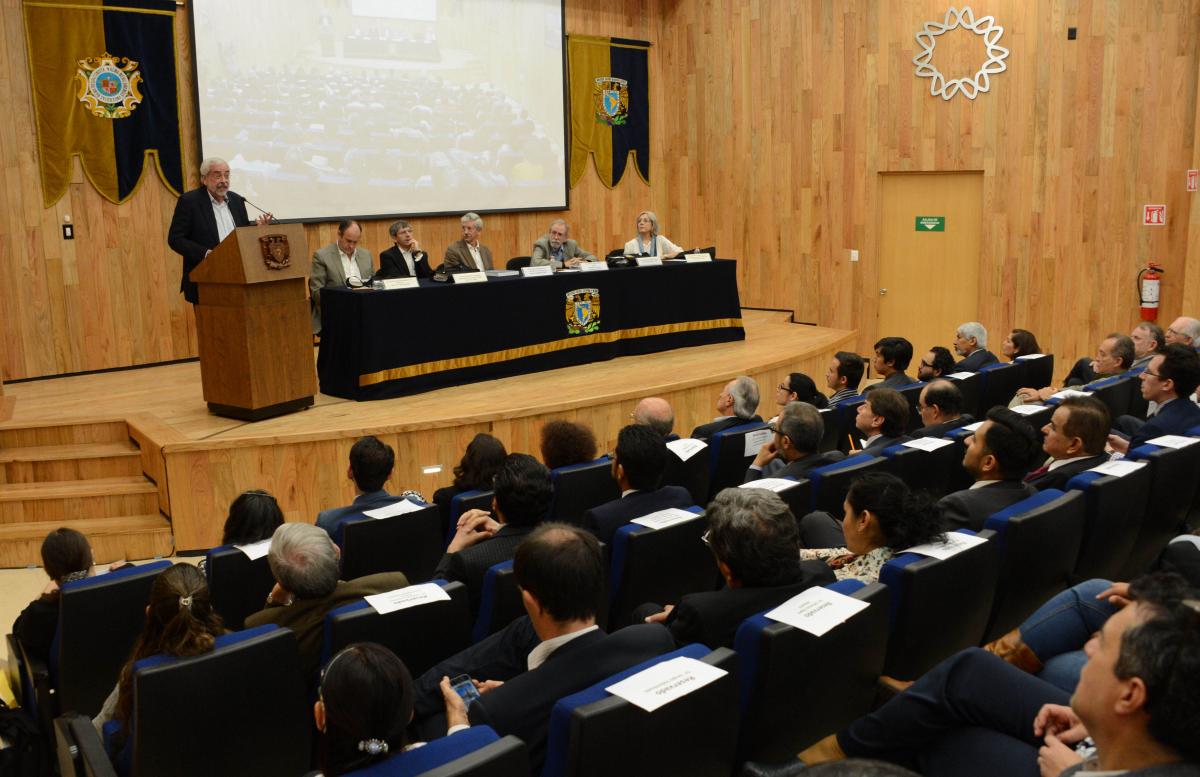
The national debate about the use of GMOs in Mexico experienced a significant shift when the technology received strong academic support from one of the most important colleges in Latin America.
This past November, the Biotechnology Institute of the National Autonomous University of Mexico (UNAM) publicly endorsed the use of genetically modified organisms (GMOs) in agriculture. This was made in the context of the presentation of the book Transgenicos: Amplios beneficios, ausencia de da os y mitos (Transgenics: Wide benefits, absence of damage and myths). The 500-page book represents extensive research conducted by Mexican scientists and highlights the many positive aspects of GMOs.
“It seems unfair and immoral that farmers in Mexico cannot opt for the biotechnology of transgenic cultivars as in several countries of Ibero-America, where there is no evidence of damage by planting, but of coexistence between this type of cultivars, states a passage in the book.
The text is the result of several years of research made by 17 scientists who are members of the Biotechnology Committee of the Mexican Academy of Sciences (AMC) and Francisco Bol var Zapata, recipient of the prestigious Prince of Asturias Award for Scientific and Technical Research.
The objective of the book is to ensure that “society is aware that transgenic organisms have been used for more than 35 years in several countries without causing any damage to health, or negative effects on the environment or biodiversity, and that the advantages are multiple.
The book was presented by Enrique Graue Wiechers, rector of the UNAM, who made the following statement:
Nine hundred and fifty million people suffer from hunger in the world; one of each seven inhabitants in the planet is hungry. Today our planet needs to provide food everyday to seven thousand five hundred million mouths and we want for each of them a healthy, balanced and varied diet which represents a sustainable world where everyone has access to food, while at the same time taking care not to affect the environment; that s the main goal. For that reason we need to think of a safer, more efficient approach to agriculture which requires less land for crops and less use of pesticides and herbicides.
In this sense, he said, biotechnology and genetically modified organisms seem to be a response, allowing greater production, resistance to pests and improvement of the use of productive land.
“It’s not just a problem of food production; it is, above all, a problem of access to food and social justice,” he said.
From 1996 to date, the Mexican government has authorized different strains of transgenic corn for human consumption and for food processing.
However, due to the controversy surrounding agricultural technology, the planting of some crops that had already been approved in the past is now prohibited.
The public endorsement is expected to help shift the current narrative around biotechnology, especially since a high percentage of the people who were victims of Mexico s latest earthquakes live in rural areas where agriculture is the main economic activity and farmers need to have access to science in order to improve their quality of life.
